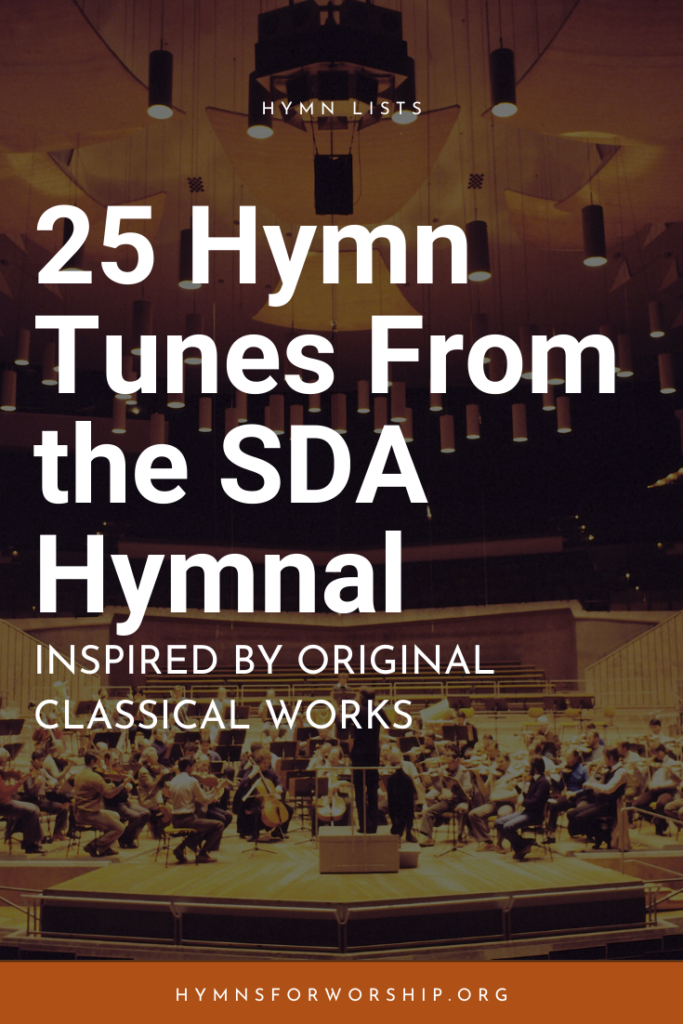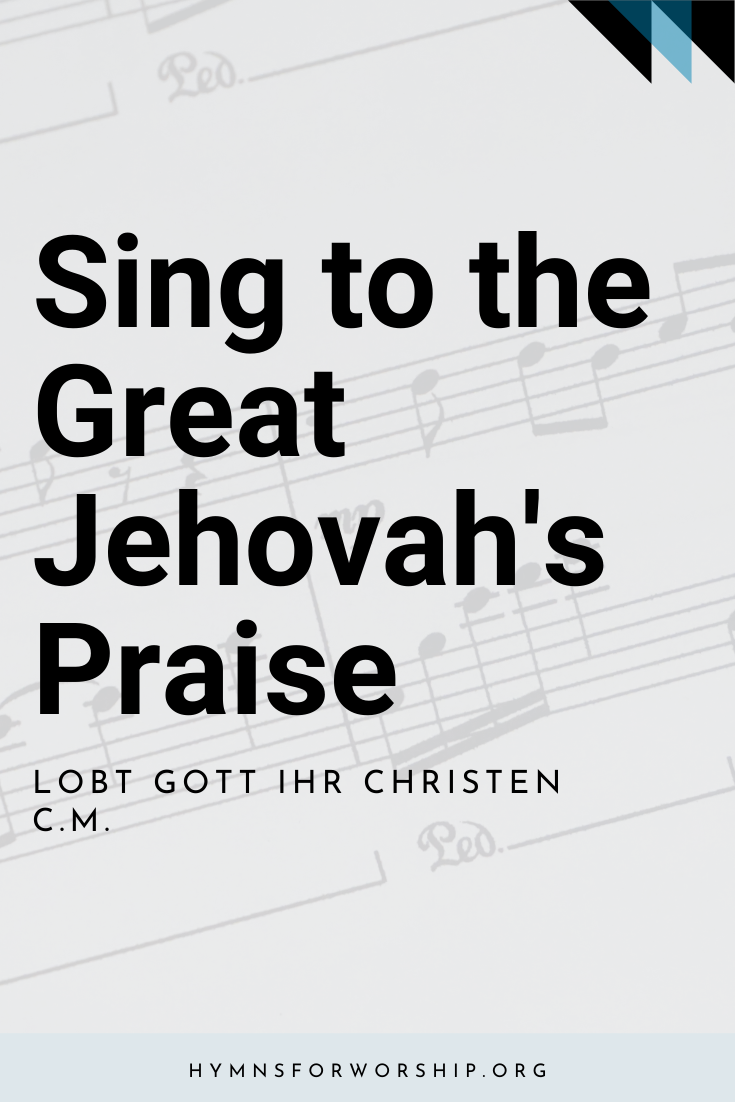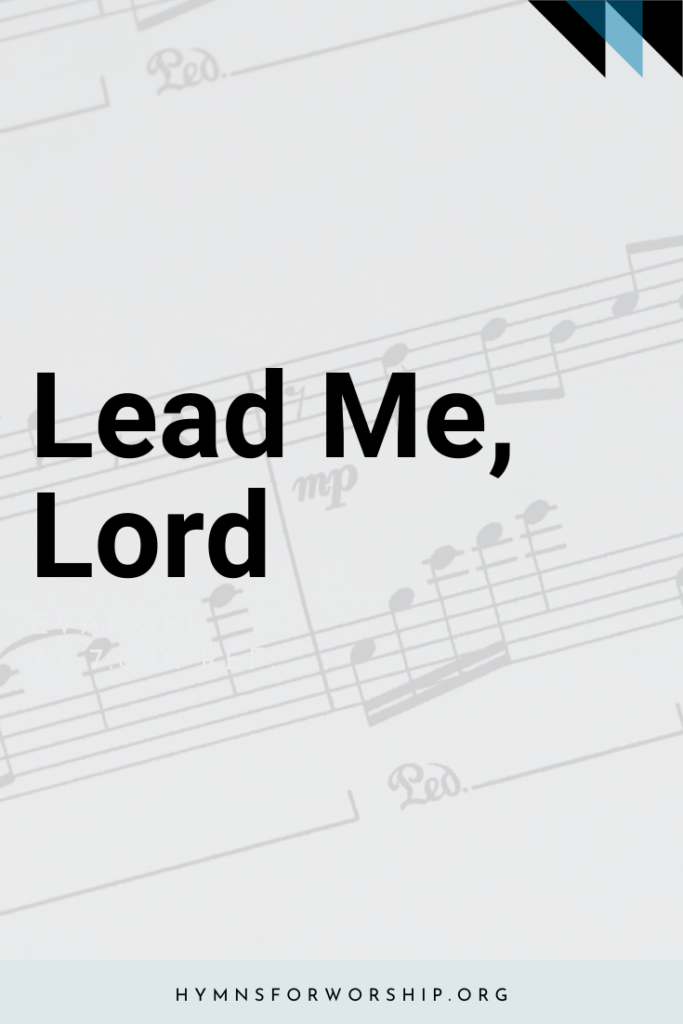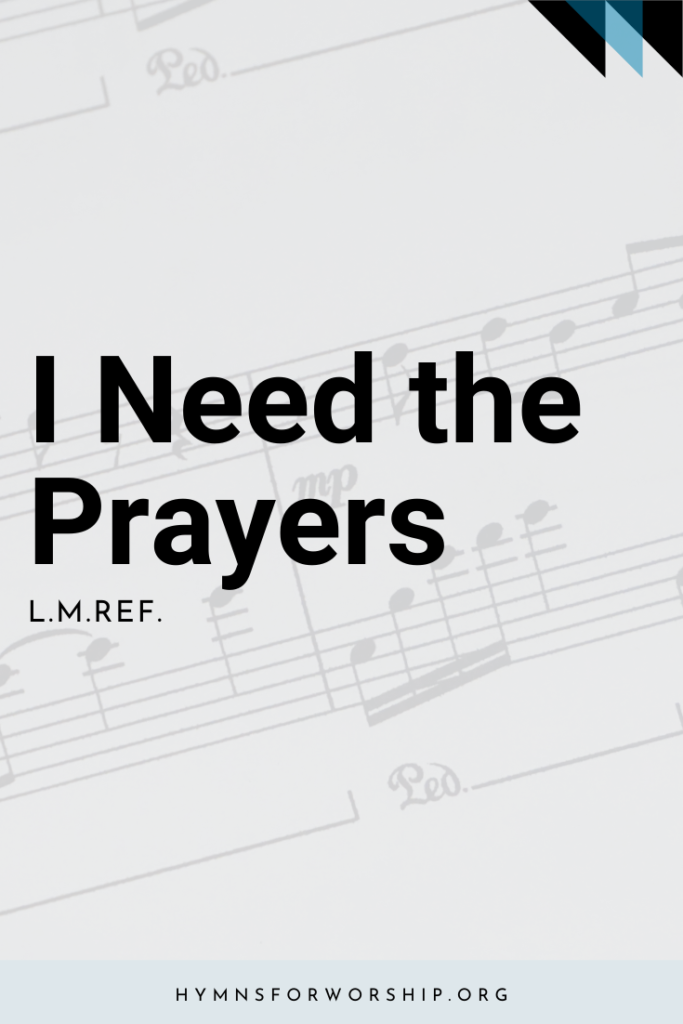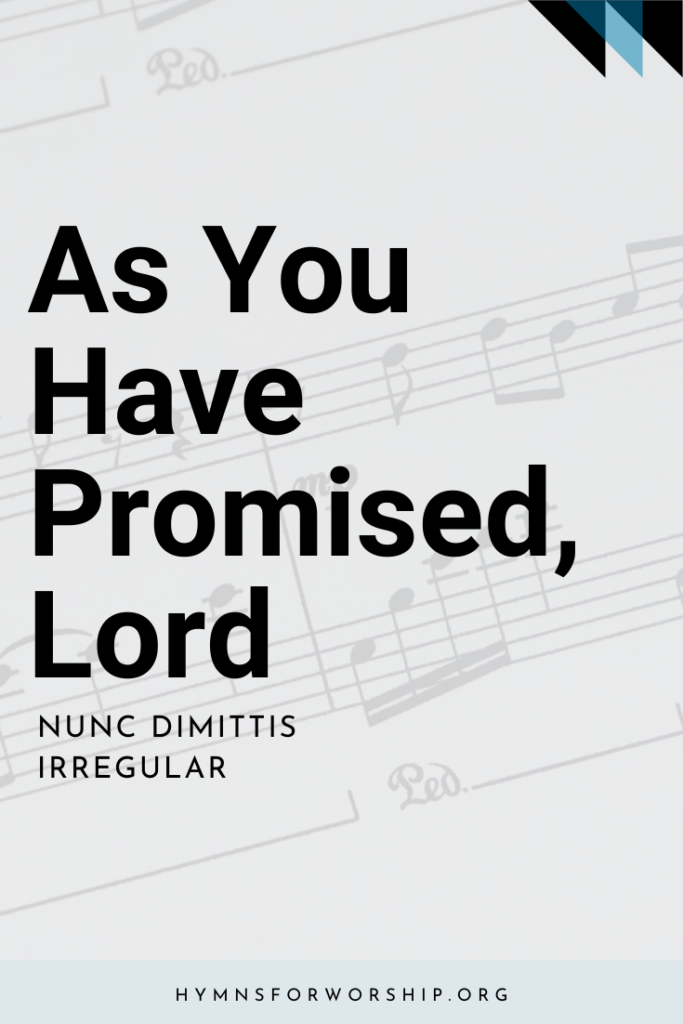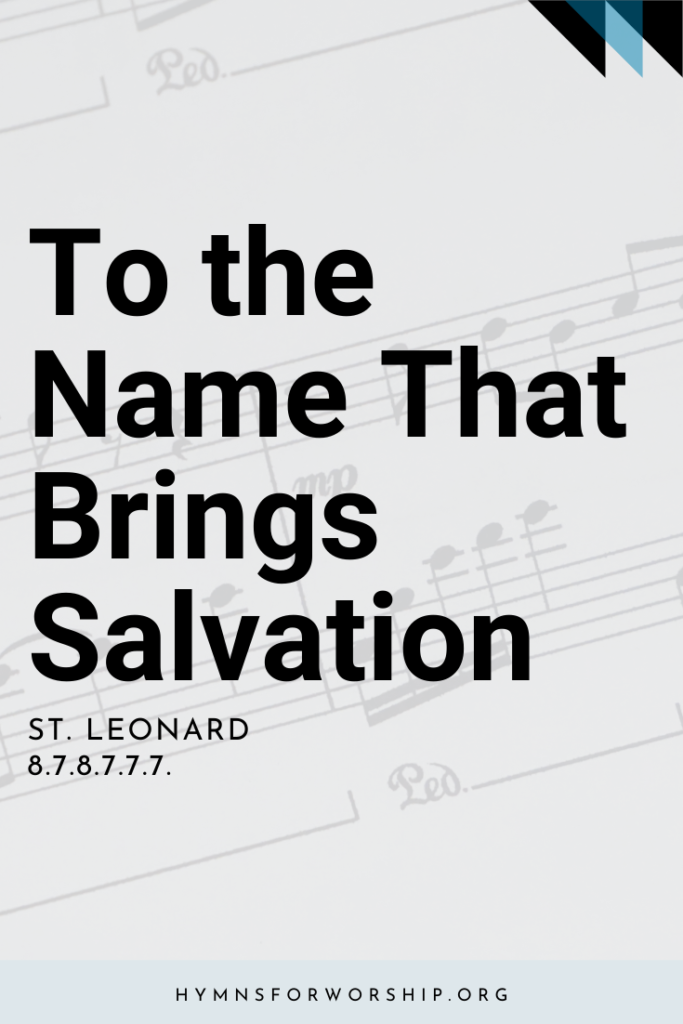GOD THE FATHER >> GRACE & MERCY OF GOD
SDAH 105
Sing to the great Jehovah’s praise!
All praise to Him belongs;
Who kindly lengthens out our days,
In spires our choicest songs,
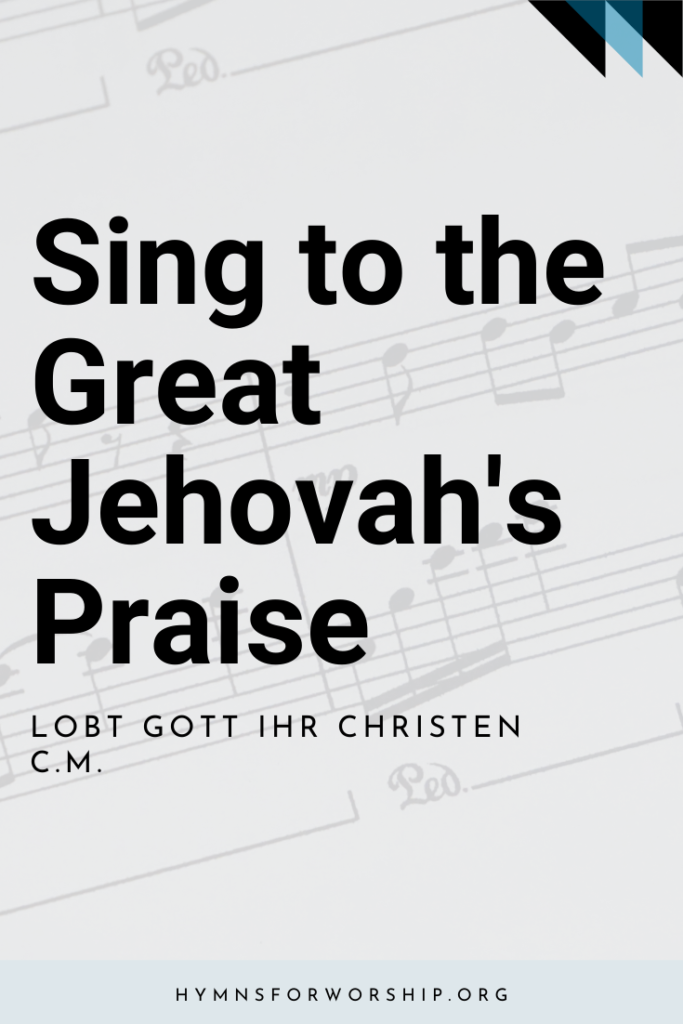
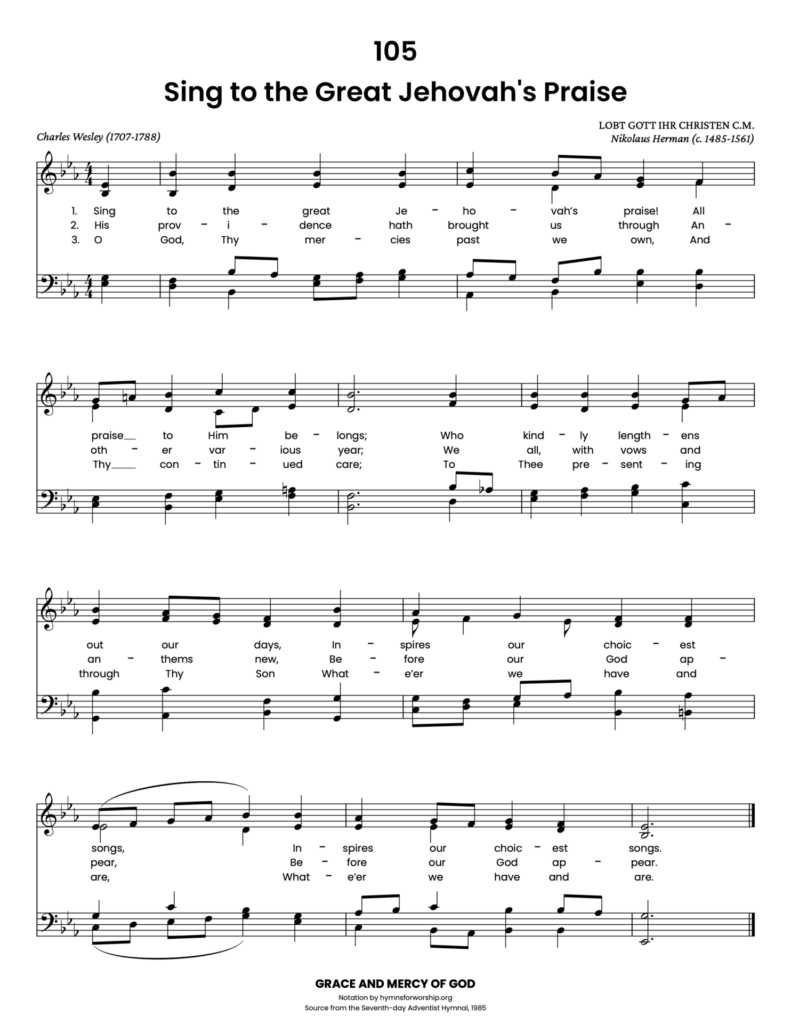
Get the hymn sheet in other keys here
For Worship Leaders
Make each hymn more meaningful with these helpful tools: Short, ready-to-use hymn introductions for church bulletins, multiple ways to introduce a hymn based on your worship theme and in-depth history and insights to enrich your song service.
Hymn Spotlight: Sing to the Great Jehovah’s Praise
Charles Wesley wrote this hymn specifically for New Year’s Day, first publishing it anonymously in Hymns for New Year’s Day (1750), a small tract containing seven poems. The Wesleys often withheld their names to avoid prejudice against their work. This hymn calls us to begin the new year in praise, recalling God’s promises—like His word to Solomon: “I will lengthen thy days” (1 Kings 3:14). Its joyful tone and forward-looking message made it a staple in nearly every Methodist hymnal since.
The tune LOBT GOTT, IHR CHRISTEN by Nikolaus Herman dates back to 1554. Originally paired with a children’s hymn, it gained popularity for its uplifting contour and dance-like ending. As we sing, may its melody lift our hearts in gratitude, and may its message encourage us to walk into the new year in faith and praise.


Text
1
Sing to the great Jehovah’s praise!
All praise to Him belongs;
Who kindly lengthens out our days,
In spires our choicest songs,
Inspires our choicest songs.
2
His providence hath brought us through
Another various year;
We all, with vows and anthems new,
Before our God appear,
Before our God appear.
3
O God, Thy mercies past we own,
And Thy continued care;
To Thee presenting through Thy Son
What e’er we have and are,
What e’er we have and are.

Hymn Info
Biblical Reference
(a) Ps 106:2; 1 Kgs 3:14
Author
Charles Wesley (1707-1788)
Theme
GRACE AND MERCY OF GOD
Hymn Tune
LOBT GOTT IHR CHRISTEN
Metrical Number
C.M.
Composer
Nikolaus Herman (c. 1485-1561)
Theme
FAITHFULNESS OF GOD
Recommended Reading
Charles was the other Wesley. Alongside his brother John who was considered the main guy behind the founding of Methodism, it was Charles’ hymns that pushed through the envelope of being “just another religion.” His lasting and well-known hymns have captivated Christians all around the world. Through his poetic lines, we are able to sing many hymns with such deep theology.
It was said that he wrote 8,989 hymns. That’s 10 lines of poetry every single day for 50 years. And we are privileged to have sung some of those hymns. Tell me, don’t these hymns ring a bell for you?
